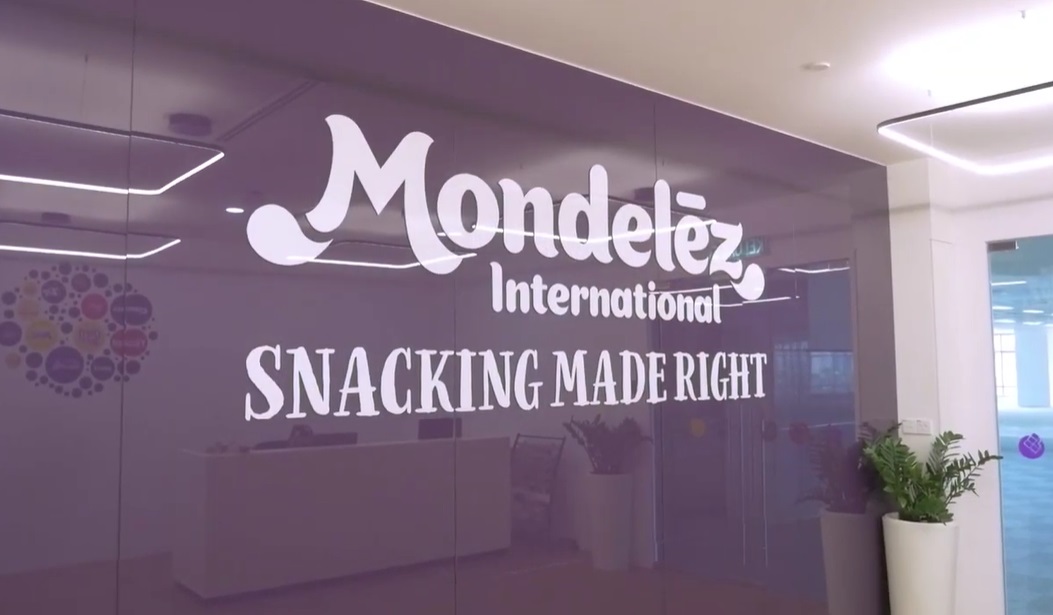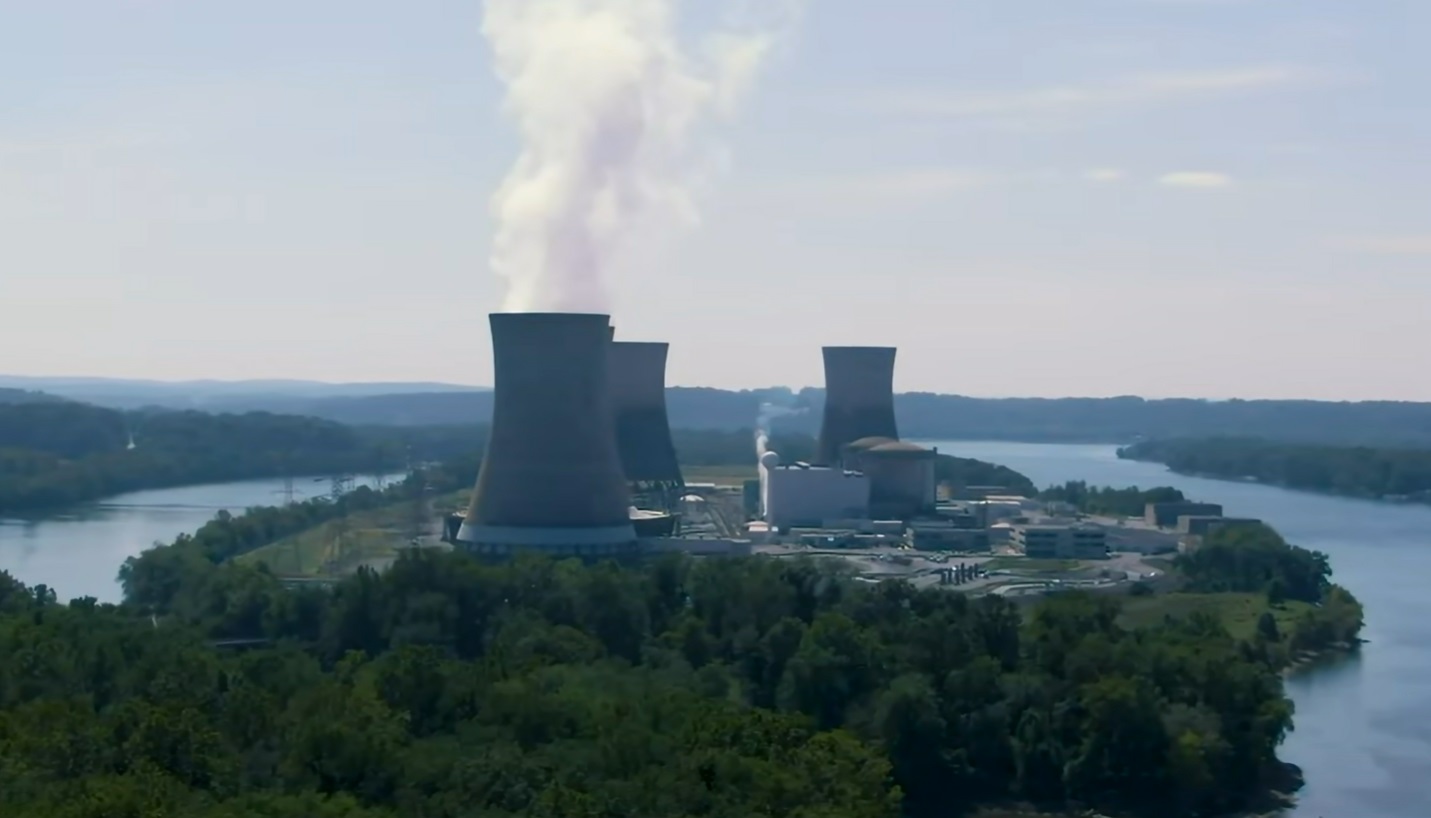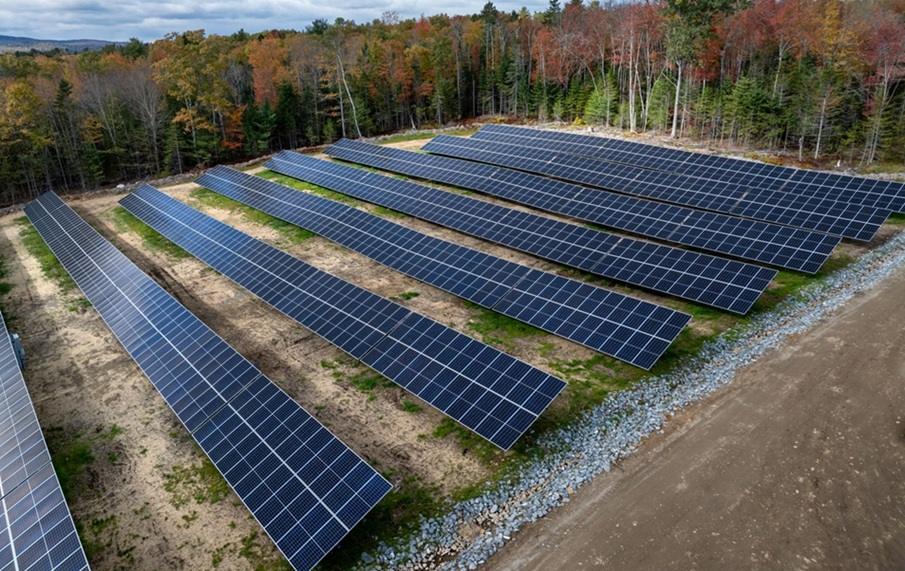Mondelēz Commits to Net Zero Across its Full Value Chain by 2050
Food company Mondelēz International announced today a new commitment to achieve net zero emissions across its full value chain, with initiatives targeting the company’s own operations as well as its supply chain and final products, from ingredient sourcing to packaging recycling.
The company also announced that it has joined climate-focused initiatives Business Ambition for 1.5°C and Race to Zero. Business Ambition for 1.5°C, led by the Science Based Targets Initiative is a campaign that calls on companies to commit to set ambitious science-based emissions reduction targets in line with a 1.5°C future. As part of its commitment to the campaign, Mondelēz will establish near-term targets within the next two years for its key emissions sources consistent with the 1.5°C protocol.
Race to Zero is a global campaign designed to rally leadership and support from businesses, cities, regions, and investors committed to achieving net zero carbon emissions by 2050 at the latest, launched under the stewardship of the United Nations Framework Convention on Climate Change (UNFCCC).
Chris McGrath, Mondelēz International VP & Chief of Global Impact & Sustainability, said:
“While we’ve already made significant progress, the road to net zero will require further transformation of our business as well as global collaboration across industries, sectors and landscapes. We will remain focused on leveraging proven models and available solutions, while at the same time using our scale and influence to help drive technical advancement, public-private collaboration and investment to incubate innovation.”
Food and beverage sector emissions account for about a third of global GHG emissions and are among the most difficult to address, with the vast majority coming from the supply chains of food and beverage companies, rather than from “direct” emissions from the companies’ operations. According to Climate Action 100+, in order to meet science-based emissions reduction targets, individual companies and the sector as a whole will need to address emissions from areas including agriculture and land use, with a total reduction in land-based Scope 3 emissions of 85% necessary to reach net zero by 2050.
The company outlined several of the value chain initiatives and targets it has set in order to achieve its climate goals. These include sustainable sourcing of key ingredients through programs such as the Cocoa Life Program and Harmony Program, a pledge to design 100% of packaging to be recycle ready by 2025, conversions of its global manufacturing electricity footprint to renewable energy, a 50% reduction in manufacturing food waste targeted by 2025, investments in electric and hydrogen trucks in its logistics network, and reductions in warehouse emissions at both owned and third-party facilities, among others.
Dirk Van de Put, Mondelēz International Chairman and Chief Executive Officer, said:
“For the last several years, we’ve worked with the Science Based Targets initiative to reduce our emissions footprint and our announcement today will help accelerate our existing efforts to create a more sustainable snacking company. We’re transforming how we do business across our operations and with the suppliers and farmers we work with – from seeking to improve cocoa farming practices in West Africa to promoting regenerative agriculture in wheat fields in the Midwest United States.”






